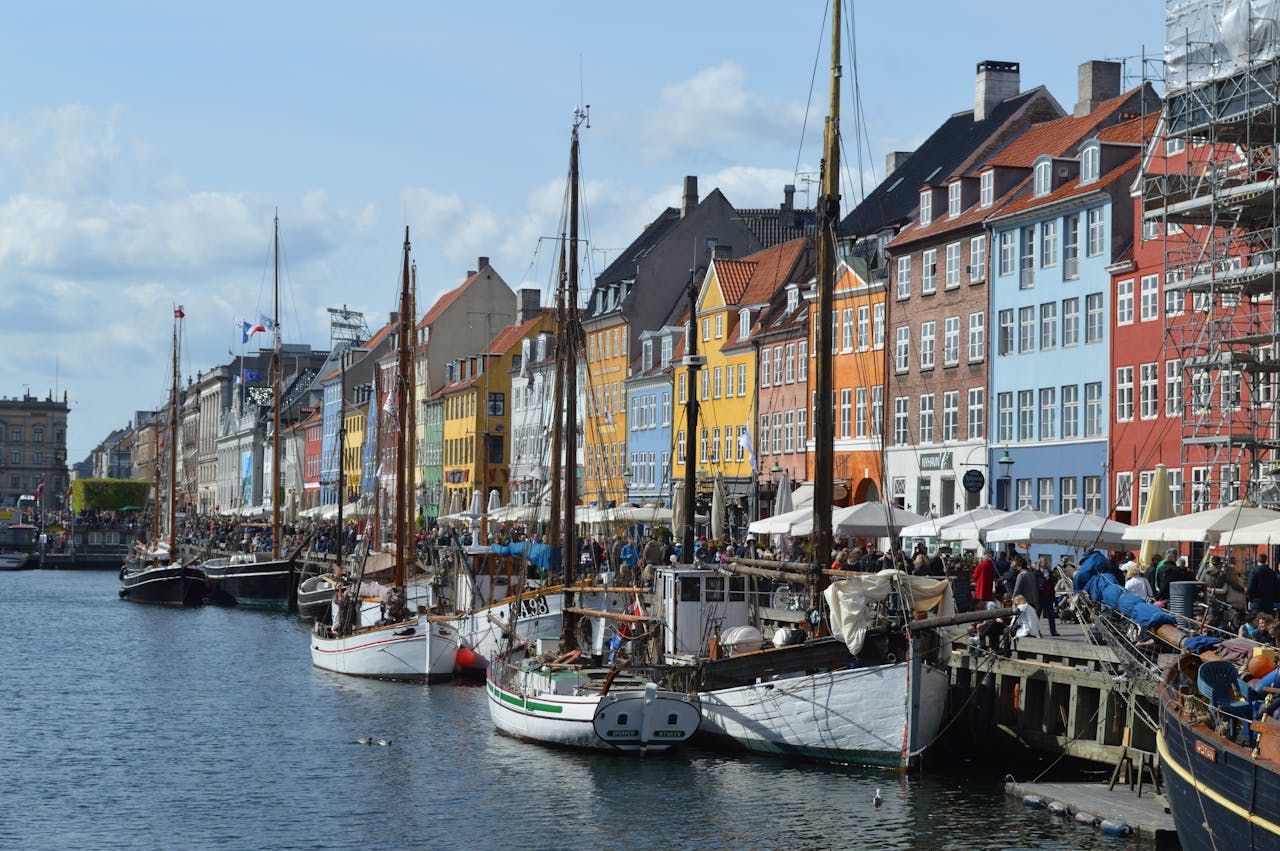
About Europe Countries
Studying in Europe is an attractive option for international students due to its rich history, diverse cultures, and high-quality education systems. European universities are known for their academic excellence, with many institutions ranking among the best in the world. Countries like the United Kingdom, Germany, France, the Netherlands, and Sweden offer a wide range of programs in various fields, often taught in English, making them accessible to students from around the globe.
One of the significant benefits of studying in Europe is the opportunity to experience different cultures and languages. Europe is home to a multitude of countries, each with its own unique heritage, traditions, and languages. This multicultural environment fosters a rich learning experience, allowing students to broaden their perspectives and develop a global mindset. Additionally, many European countries offer relatively low tuition fees compared to other study destinations like the United States and Australia, particularly in public universities. In some countries, education is even free or heavily subsidized for international students, making it a cost-effective option.
The strong emphasis on research and innovation in European education systems encourages students to engage in hands-on learning and critical thinking. Many universities collaborate with industries and research institutions, providing students with opportunities for internships and real-world experience. Europe’s geographical proximity allows for easy travel between countries, enabling students to explore multiple cultures and destinations during their studies. Whether it’s visiting historical landmarks, attending festivals, or enjoying diverse cuisines, students can take full advantage of their time in Europe.
Moreover, the emphasis on student welfare, safety, and support services in many European countries contributes to a positive study experience. Many universities have dedicated resources to help international students adapt to their new environment.
Overall, studying in Europe not only provides high-quality education but also offers a unique opportunity for personal and cultural growth, making it an excellent choice for students seeking a well-rounded educational experience.
Cost of Studying in Europe
The cost of living in Europe can vary significantly based on the country, city, and individual lifestyle choices. Here’s a general overview of the factors influencing living costs across different regions in Europe:

Accommodation
Rent: In major cities like London, Paris, and Amsterdam, monthly rents for a one-bedroom apartment can range from €1,000 to €2,500, while renting a room in a shared apartment might cost between €400 and €1,200. In smaller cities or rural areas, rents are generally lower, often ranging from €300 to €800 for shared accommodations.
University Housing: Many universities offer on-campus accommodation, typically costing between €200 and €800 per month, depending on location and amenities.
Food
Monthly grocery costs can range from €200 to €400, depending on dietary habits and preferences for cooking at home versus dining out. Eating at inexpensive restaurants may cost around €10 to €20 per meal, while a three-course meal for two at a mid-range restaurant can range from €40 to €100.


Transportation
Monthly grocery costs can range from €200 to €400, depending on dietary habits and preferences for cooking at home versus dining out. Eating at inexpensive restaurants may cost around €10 to €20 per meal, while a three-course meal for two at a mid-range restaurant can range from €40 to €100.
Utilities
Utilities (electricity, heating, cooling, water, and garbage) typically cost around €100 to €300 per month, depending on the size of the apartment and usage. Internet services generally add another €30 to €60 monthly.


Health Insurance
International students are often required to have health insurance, which can vary widely in cost depending on the country and coverage, generally ranging from €300 to €1,000 per year.
Personal Expenses
Personal expenses, including clothing, entertainment, and leisure activities, can vary but may average around €1,000 to €2,000 annually, depending on lifestyle choices.


Average Monthly Cost
Monthly grocery costs can range from €200 to €400, depending on dietary habits and preferences for cooking at home versus dining out. Eating at inexpensive restaurants may cost around €10 to €20 per meal, while a three-course meal for two at a mid-range restaurant can range from €40 to €100.
Country-Specific Examples
Western Europe: Countries like France, Germany, and the Netherlands tend to have higher living costs, especially in major cities. Monthly living expenses can range from €1,000 to €2,000.
Eastern Europe: Countries like Poland, Hungary, and the Czech Republic are generally more affordable, with monthly living expenses ranging from €500 to €1,000.


Scholarships and Financial Aid
Many European universities offer scholarships and financial aid options for international students, which can significantly help with overall costs.
While the cost of living in Europe can be substantial, the combination of high-quality education, cultural diversity, and rich experiences makes it a valuable investment for many international students.
